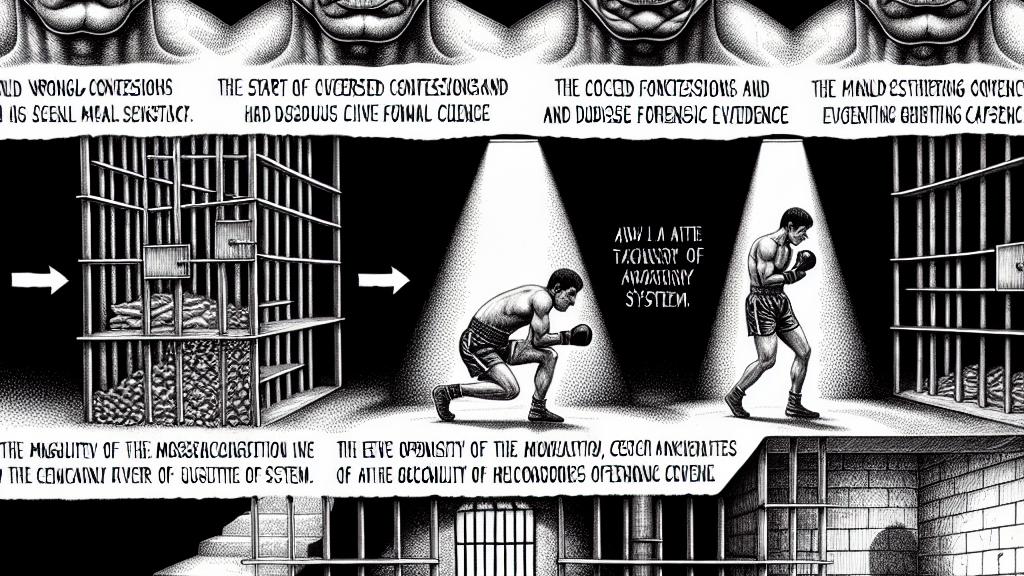Doubts Raised Over Fabrication Claims in Hakamada's Acquittal
Overview
- Iwao Hakamada's remarkable exoneration after 50 years spent on death row highlights severe flaws in the justice system.
- Serious concerns have emerged regarding allegations of fabricated evidence that contributed to Hakamada's wrongful conviction.
- Legal experts emphasize the undeniable need for clear and compelling evidence to support any claims of misconduct in his case.

A Disturbing Journey Through the Legal System
The case of Iwao Hakamada is emblematic of one of Japan's gravest miscarriages of justice. Convicted in 1968 for a horrific mass murder, Hakamada was sentenced to death based primarily on coerced confessions and dubious forensic evidence. For over half a century, this former boxer endured not only the anxiety of impending execution but also the brutal reality of solitary confinement, where he was often left to grapple with his deteriorating mental health. Remarkably, it wasn’t until 2024 that the Shizuoka District Court recognized the possibility of evidence tampering. This significant ruling prompts us to scrutinize the mechanisms of accountability within the justice system, as it reveals the frailty of procedures meant to protect the innocent.
Emerging Doubts Among Legal Authorities
In the wake of Hakamada's acquittal, a chorus of skepticism has arisen from several legal officials regarding the integrity of the claims surrounding evidence fabrication. One notable prosecutor emphasized that such grave allegations necessitate substantial proof to uphold the judiciary's credibility. This reaction underscores a critical truth: without a thorough examination of procedural integrity, the public’s faith in the legal system may wane further. Moreover, as wrongful convictions are increasingly scrutinized worldwide, from the Innocence Project successes in America to similar campaigns in other nations, it becomes clear that systemic failures must be addressed to prevent tragic errors from recurring.
The Urgent Call for Judicial Reform and Accountability
Hakamada's story serves not only as a cautionary tale but also as a catalyst for the urgent reform needed across judicial systems. The spotlight now shines brightly on the importance of improved evidence handling and the ethical responsibilities of law enforcement. For instance, in the United States, many wrongful convictions have been overturned through the power of DNA evidence, demonstrating its effectiveness in safeguarding justice. Additionally, the rise of organizations advocating for reform highlights the necessity for transparent processes that hold prosecutors accountable. By learning from Hakamada’s experience, we can work toward a justice system that prioritizes truth and integrity, ensuring that no one else endures the anguish he suffered for decades. It is a collective responsibility — to heal the fractures within our judicial framework and aspire to a society where justice prevails.

Loading...